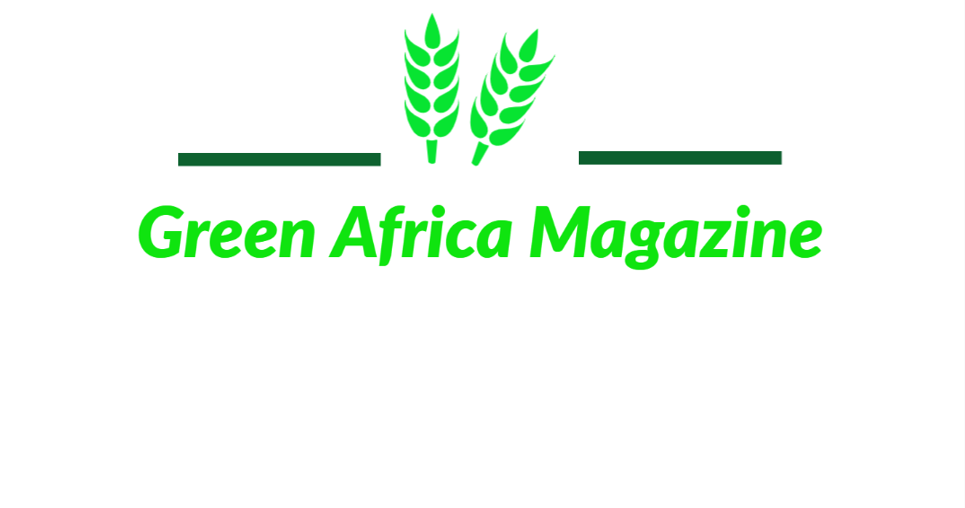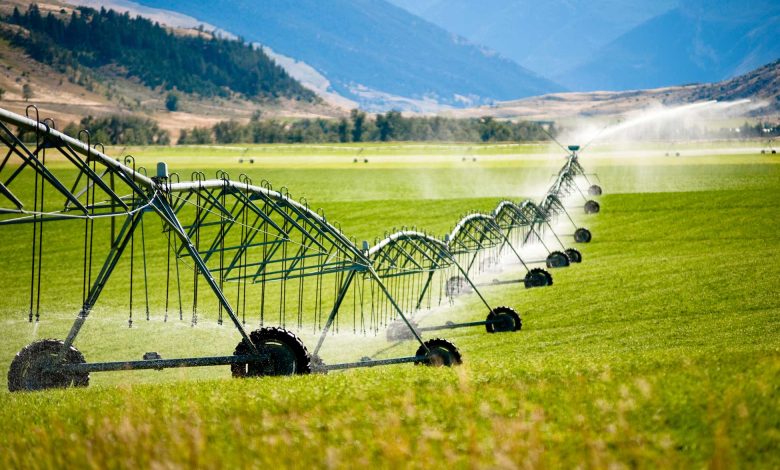MEMBERS of Parliament have hailed President Samia Suluhu Hassan for raising the budget of the Ministry of Agriculture budget and called upon the government to throw its weight behind irrigation farming.
In the current financial year, the Ministry for Agriculture was allocated 294bn/- but in the next budget the government will spend a whopping 751bn/- for the sector, an increase of 155 per cent.
Most legislators who contributed to the new budget speech said given the effects of climate change on the agriculture sector, continuing to rely on rain-fed agriculture will not take the country anywhere. Other MPs called upon the government to start subsidising inputs for coffee farming to increase exports.
John Sallu (CCMHandeni Rural) said Tanzania is endowed with an uncountable number of arable basins or valleys suitable for supporting irrigation farming.
He said investing in irrigation farming will help transform the sector. Condester Sichwale (CCM-Momba) called upon the government to lay emphasis on irrigation agriculture, saying Momba Constituency in Songwe region is rich in arable valleys suitable for rice farming.
According to the MP, Momba residents have been supplying rice to Tunduma residents, including citizens in some parts of DR Congo and Zambia. She said if irrigation schemes were introduced in the area crop productivity will go up.
Hamis Tabasamu (CCM-Sengerema) asked the government to consider drilling wells to facilitate irrigation farming in areas that have no rivers or dams.
Rashid Shangazi (CCMMlalo) was of the view that after President Samia increased the budget for the ministry actions are needed to transform the sector. “Last year the value of coffee exports was over 140 million US dollars.
This calls for the government to start subsidizing the crop,” he suggested in his contribution. Daniel Sillo (CCM-Babati Rural) said: “The budget allocated shows a good start towards transforming the sector.
But, if we want to bring reforms in this sector we must do away with dependency on rain-fed agriculture.” “The budget presented shows a brighter future in agriculture sector.
However, special mechanisms should be put in place to track the performance of extension officers in the country,” said Mariam Mzuzuri (CCM-Special Seats).
The legislator told her fellow MPs that despite engaging in farming activities for years she had never seen an extension officer visiting her in her farm to offer help. Mzuzuri’s comment on tracking extension officers’ performance was supported by Riziki Rulida (CCMSpecial Seats).
But, according to Tumaini Magesa (CCMBusanda), if Tanzania wants to transform agriculture then it should be ready to allocate ten per cent of its total budget into the sector. Edward Ole Lekaita (CCM-Kiteto) was of the view that irrigation farming should go hand in hand with embracing rain harvesting technologies.
He suggested to the government to reduce tax charged when importing irrigation equipment. But, Rita Kabati (CCMSpecial Seats) spoke of agricultural researches, saying their findings have not been reaching farmers in the country to bring impact, calling for rectifying the situation.
Stressing on the need to invest heavily in irrigation agriculture, the MP who represents Iringa region, said banks in Zimbabwe don’t lend money to farmers who don’t practice irrigation mode of farming.
Timotheo Mzava (CCM-Korogwe Rural) said irrigation farming increases productivity per unit area, calling upon the government to search for money outside the budget to finance large scale irrigation projects.
Jackline Msongosi (CCM-Special Seats): “We believe we will see reforms in agriculture. The ministry of Finance and Planning must ensure the money allocated for agriculture subsidy is dished out to help farmers.”
Oran Njeza (CCMMbeya Rural) said: “We thank President Samia for bringing this budget. It will transform agriculture sector. However, the ministry must throw its weight behind implementing it.
Officials at the ministry must change mindsets since they have never received this amount of money. Luhaga Mpina (CCMKisesa) criticised the government idea of establishing the Cooperative Bank, saying the plan will just waste public money since it will end up collapsing.
Speaking on the surging fertiliser prices, the former minister for Livestock and Fisheries said the government is to blame for the problem after disbanding the bulk procurement system for the essential agricultural input.



